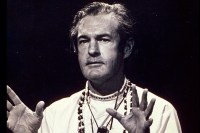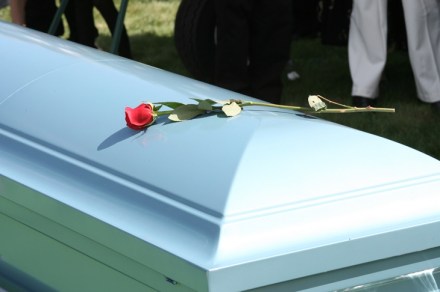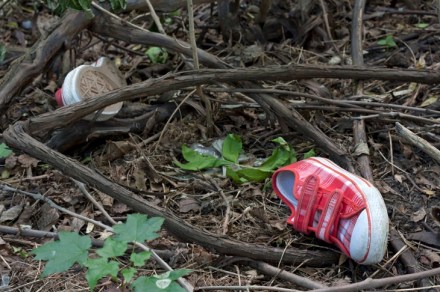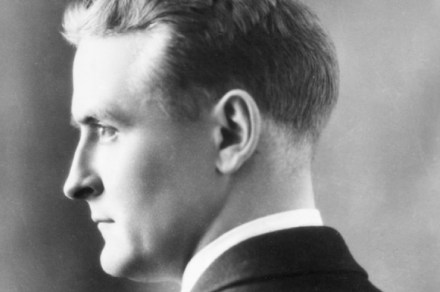By Patten or design?
My old friend Richard Ingrams was said always to write The Spectator’s television reviews sitting in the next-door room to the TV set. I’m more assiduous: I have actually read this book under review. And Chris Patten’s latest memoir is a very enjoyable read — the account of a life of considerable privilege. Born into a middle-class family in suburban London, Patten won an exhibition to Balliol before — after a brief dalliance with US politics — he became a Conservative apparatchik and, in due course, an MP. Once he’d reached the cabinet, he was a made man — and from his middle years onward garnered a succession of agreeable





















